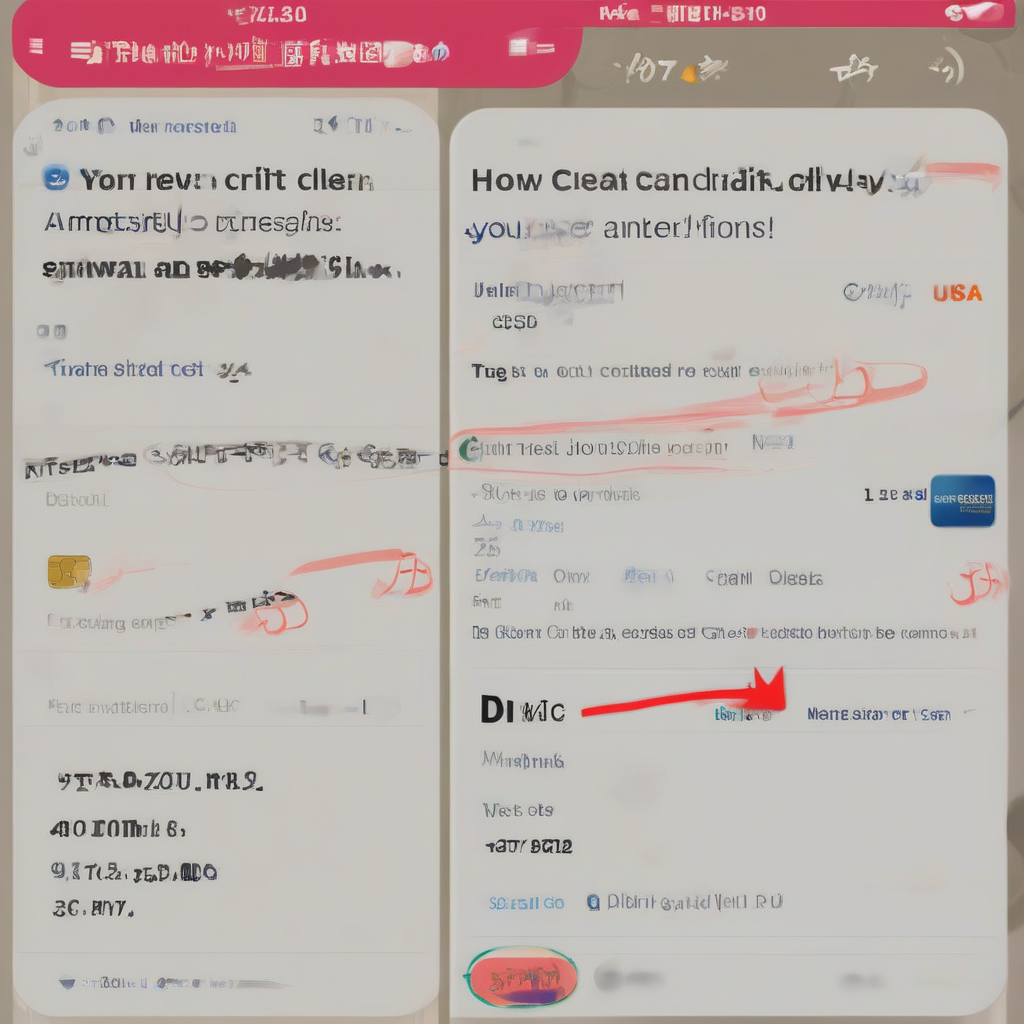Conquer Your Credit Card Debt: A Comprehensive Guide to Financial Freedom

Conquer Your Credit Card Debt: A Comprehensive Guide to Financial Freedom
Credit card debt can feel like an overwhelming burden, but it doesn't have to control your life. With a strategic approach and commitment, you can achieve financial freedom and break free from the shackles of debt. This comprehensive guide will equip you with the knowledge and tools to effectively tackle your credit card debt, reclaim control of your finances, and embark on a path toward a brighter financial future.
Understanding Credit Card Debt
Before diving into debt-clearing strategies, it's crucial to understand the nature of credit card debt and its impact on your financial well-being.
- High-Interest Rates: Credit cards typically come with high interest rates, which can quickly compound and make your debt balloon over time.
- Minimum Payments: Minimum payments can give you a false sense of progress while allowing your debt to linger, resulting in substantial interest charges.
- Debt Cycle: It's easy to fall into a cycle of borrowing and paying the minimum, keeping you trapped in a continuous loop of debt.
Assessing Your Debt
The first step toward clearing credit card debt is to understand the full extent of your financial situation. This involves meticulously tracking your credit card balances, interest rates, and minimum payments.
Steps for Assessing Your Debt:
- Gather Statements: Obtain statements from all your credit card providers, including current balances, interest rates, and minimum payments.
- Create a Spreadsheet: Create a spreadsheet or use a budgeting tool to list your credit cards, balances, interest rates, and minimum payments.
- Calculate Total Debt: Sum up the balances from all your credit cards to determine your total credit card debt.
Strategic Debt-Clearing Strategies
Once you've assessed your credit card debt, it's time to devise a strategic plan for clearing it. Here are some common strategies that have proven effective for many individuals:
1. The Avalanche Method
This method prioritizes paying off the credit card with the highest interest rate first, while making minimum payments on all other cards. This strategy helps minimize overall interest charges and accelerates your progress toward becoming debt-free.
2. The Snowball Method
The snowball method focuses on paying off the credit card with the smallest balance first, regardless of the interest rate. This strategy provides a sense of early accomplishment and momentum, motivating you to keep pushing forward.
3. Debt Consolidation
Debt consolidation involves combining multiple credit card balances into a single loan with a lower interest rate. This can simplify your debt management and potentially save you money on interest charges. However, it's essential to carefully evaluate the terms and conditions of consolidation loans before committing.
4. Balance Transfer
Balance transfers allow you to move the balance from one credit card to another with a lower interest rate. This can be an effective short-term strategy, especially if you can take advantage of introductory 0% APR periods offered by some credit card issuers. However, be mindful of balance transfer fees and the duration of the promotional period.
Practical Tips for Effective Debt Reduction
While strategies provide a framework, practical tips can help you stay on track and accelerate your debt-clearing journey.
- Reduce Spending: Cut back on non-essential expenses, such as dining out, entertainment, and subscriptions, to free up more money for debt repayment.
- Increase Income: Explore opportunities to increase your income through side hustles, freelance work, or taking on additional hours at your current job.
- Negotiate Lower Interest Rates: Contact your credit card providers to inquire about lowering your interest rates. Some issuers may be willing to negotiate if you demonstrate a history of responsible repayment.
- Avoid New Debt: Resist the temptation to acquire new credit card debt while you're working to pay off your existing balances.
- Stay Motivated: Celebrate milestones and acknowledge your progress. Use visual aids, such as debt-free charts or progress trackers, to stay motivated.
Building a Strong Financial Foundation
Clearing credit card debt is an important step, but it's only the beginning of building a strong financial foundation. Here are some tips to help you stay debt-free and achieve long-term financial stability:
- Develop a Budget: Create a realistic budget that tracks your income and expenses. This will help you identify areas where you can save and ensure you live within your means.
- Emergency Fund: Establish an emergency fund to cover unexpected expenses, such as medical bills or car repairs. Aim for 3-6 months' worth of living expenses.
- Save for Retirement: Begin saving for retirement as early as possible. Take advantage of employer-sponsored retirement plans and consider maximizing contributions.
- Build Credit: Maintain a good credit score by paying your bills on time and utilizing your credit responsibly.
Seeking Professional Help
If you're struggling to manage your credit card debt or need personalized guidance, don't hesitate to seek professional help.
- Credit Counseling Agencies: Non-profit credit counseling agencies offer free or low-cost services, including debt management plans and financial education resources.
- Financial Advisors: Financial advisors can provide tailored advice based on your unique circumstances and help you develop a comprehensive financial plan.
Conclusion
Conquering credit card debt can be a challenging but ultimately rewarding journey. By understanding your debt, implementing effective strategies, and embracing responsible financial habits, you can break free from the cycle of debt and achieve financial freedom. Remember to celebrate your milestones, stay persistent, and seek professional help when needed. With dedication and a strategic approach, you can create a brighter financial future for yourself and your loved ones.
What's Your Reaction?
















